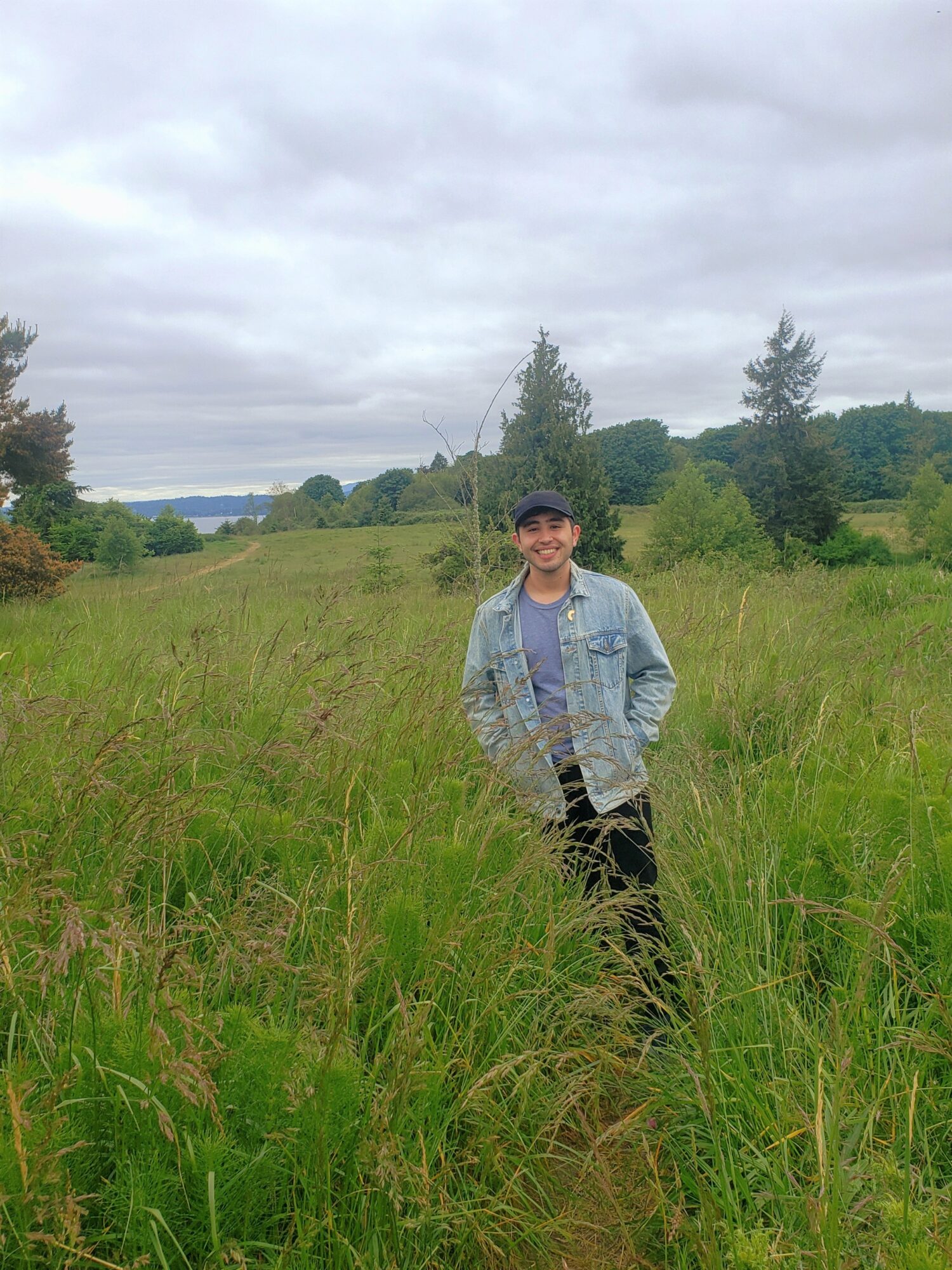
Diego Luna ’22 did not always know he was passionate about analyzing numbers. As a freshman, Luna thought he was going to be a doctor. After taking the first semester of courses, Luna decided that being a doctor was not for him. Without the fear that many students have about changing courses, Luna decided to major in Biotechnology at the College of Arts and Sciences.
Going into biotechnology, editing genomes, pairing microbiology with genetics, and learning how to clone bacteria to get a specific protein, Luna discovered a love for proteins, and how to mix and mass produce them. That was how Luna got his idea for his first startup — to mass produce a certain type of protein called GAP-43 which would counteract or help diabetic neuropathy.
Diabetic neuropathy is a symptom in diabetes that can show up 20 or 40 years after someone develops diabetes – whether it is a type 1 or type 2 diabetes. This symptom causes severe joint and nerve ending pain.
However, this startup idea met some difficulties when Luna found himself in world of trouble finding and setting up labs. Talking to investors and people who have been in the diabetes realm helped Luna realize it would take hundreds of thousands of dollars to get this kind of venture just to the early stages. In addition, Luna would need to ready between 400 to 500 research papers, just as a next step. It seemed out of reach.
This led Luna to build a process where he could put in the hundreds of papers and narrow his research by searching key words. It was an eureka moment that made him put his biotech startup idea on hiatus.
His discoveries around data searching led him to another startup – LunaX. As Luna fell in love with data sets and the potential of what could be done with the available data, he realized that he was on to a great new idea. Over this past summer Luna realized how much fun he had analyzing data realized he could do something he is passionate about which has high growth potential.
“It’s very doable. You just need backup and case studies to prove it. People might think analyzing numbers is not fun, but I disagree,” said Luna.
Luna noticed restaurants and retail stores losing customers and employees during the pandemic. Many business owners he talked to did not know about data analytics, did not want to be bothered by it because they didn’t think it was important, did not have the funds for the service, or did not see the importance of spending on data.
Luna set out to show them that data can make things convenient for the customer, business owner or both.
Luna’s vision for LunaX is that it can become a contract-based service or a subscription based service for small and emerging businesses, and that it can be a powerful tool.
To understand more about the world of business, Luna took courses at the Whitman School of Business. Luna says that business classes are very different than biotech courses. Business courses are project based with many case studies, while biotech classes involved experiments. He loves the combination and finds it fun to learn new things. He also took a EEE370 Intro to Entrepreneurship class and fell in love with it, as well as the idea of being his own business.
That led him to the Blackstone LaunchPad at SU Libraries, where he is actively pursuing building his venture. He plans to participate in business plan competitions, refine his business model, take on first customers, and refine his service offerings. He has a clear vision and is ready to pursue it.
Luna is looking to build out his team and invites others with a passion for data analytics to join him. If you are interested in becoming part of team LunaX, contact him at: Diego Alejandro Luna, diluna@syr.edu
Story by LaunchPad Global Fellow Natalie Lui ‘22; photo supplied